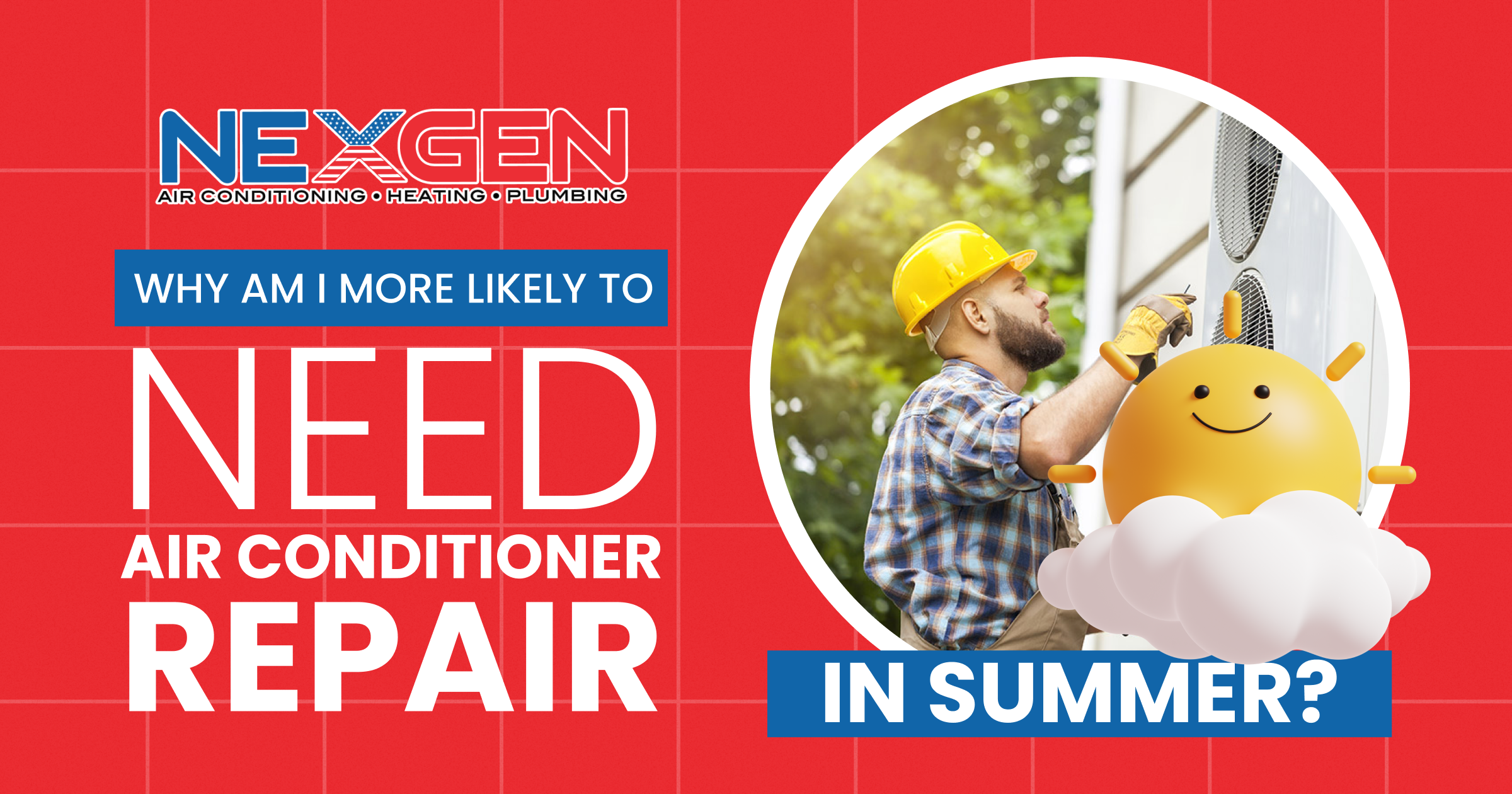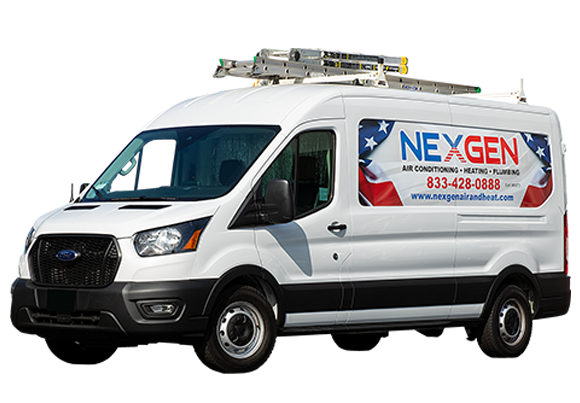Understanding Summer Air Conditioner Repairs

The Filter Is Clogged
Your air conditioner is on most or all of the time in summer, so the air filter will clog up more quickly. As dust and dirt get trapped, the system will become more inefficient. A clogged filter can cause it to overheat and shut down. If the unit freezes due to low airflow, it can produce less warm air or turn off.
Disruption of Airflow
When the evaporator coil freezes, there’s usually an issue that’s causing poor airflow. Air must blow over the coil to supply heat for it to absorb. Otherwise, condensation on its surface will freeze. Low refrigerant will also reduce the heat absorption rate.
A blockage in an air duct or a closed register can also impede airflow. The issue can be due to a fan problem as well. If a fan run slowly or not at all, it will reduce airflow and trigger other issues. A faulty thermostat or a malfunctioning air handler could also cause a lack of airflow.
Clogged Condenser Coils
Designed to expel warm air, the outdoor unit’s condenser coils are prone to clogging up with dust, debris, and grime, especially when air pollution is high. If a coil is clogged, it restricts heat transfer. Your AC will work harder, increasing wear and tear, which can cause it to break down or fail prematurely.
As the coils start to clog, the system will consume more energy, so your utility bills may go up. A spike in your monthly bill is a reason to call a professional. Prompt fixes can avoid more costly air conditioner repairs.
Component Failures
Your AC system’s moving parts work harder in the summer. These include the evaporator coil fan, condenser coil fan, fan motors, fan belts, expansion valve, and dampeners. A broken fan blade can reduce system performance. If your AC isn’t working properly, it may also be due to faulty wiring or a problem with a thermostat sensor. Capacitors, typically found on the unit’s circuit board, can fail due to wear and tear, or they can decline in strength, affecting system performance.
Electrical Malfunctions
Aside from an overheated capacitor, air conditioners can develop wiring, contactor, relay, transformer, switches, and other problems that disrupt their electrical flow. Since an AC runs on electricity, such an issue will prevent it from working properly, if at all. Air conditioners are susceptible to electrical problems in summer due to frequent usage and exposure to harsh conditions such as hot temperatures, air pollution, rain, hail, and falling debris.
Lack of Maintenance
Regular maintenance allows technicians to catch problems early and fix them. Breakdowns and major repairs can be avoided. If your AC hasn’t had spring maintenance, it’s at a greater risk of needing repairs in summer (that’s when it’s under the most strain). Such is also the case if the system is outdated. If your AC is over 15 years old, it may be near the end of its useful life, a time when it is most likely to need another repair. The summer heat can put the unit over its tipping point so it stops working.
Call NexGen for Professional Air Conditioner Repair
At NexGen, our licensed professionals repair all common AC problems. We’re Google Certified for Home Services and have highly experienced repair technicians who arrive with replacement parts to get your AC working as quickly as possible. We also offer warranties of up to 12 years and have financing plans available to make budgeting easy. To request air conditioner repair in your Southern California home, call (833) 729-9735 today.





















